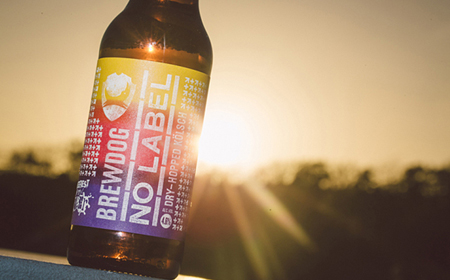Wanting to be home alone, the Dutch beer giant Heineken announced on 6 November 2015 that it was buying all the outstanding shares of Jamaican brewer Desnoes & Geddes to gain 100 percent control of the company.
In case you did not know, 1 November 2015 was World Vegan Day and media took the opportunity to report that the Irish brewer Guinness is changing the way it produces its eponymous stout by eliminating fish bladders, thus making it acceptable to vegetarian and vegan consumers.
The two brewers now have until 11 November 2015 to finalise the terms of their proposed USD 104 billion transaction.
AB-InBev, which is in the process of taking over rival SABMiller, reported on 30 October 2015 a 45 percent decline in the third-quarter net profit. However, EBITDA improved, along with strong top line results and higher volume.
The family controlled Dutch beer company saw global beer sales in the third quarter of 2015 increase 7.5 percent year-on-year, topping EUR 15 billion in revenue for the first nine months of 2015, it was reported on 28 October 2015.
True, the supermarket chain Tesco has heaps of problems of its own, but perhaps it’s also a sign of the times that retailers think that a reduction in SKUs will take complexities and costs out of their operations.
Who or what reined in Belgium’s legislators? Was it political sense or successful lobbying? In any case, the beer tax hike as of 1 November 2015 will not be as high as proposals suggested in July this year.
Given that Belgian beer consumption has dropped almost a quarter over the past twenty years to 72 litres per capita while one in three breweries shut its doors over the past seventy years, an American delegate at the recent Beer Bloggers Conference in Brussels could be forgiven for asking pointedly: “Are we supposed to be shocked or relieved by these numbers?” He got no reply. Which is no surprise as Belgium’s 160 brewers are so used to facing strong headwinds both domestically and in their export markets that “resilience” must be their middle name.
Is the recent asset swap between Heineken and Diageo a sign that brewers’ promiscuous days are over? Diageo and Heineken announced on 7 October 2015 that they have agreed to unbundle their ownership ties related to their beer businesses in Ghana, Jamaica, Malaysia and Singapore, resulting in a cash payment of USD 780.5 million to Diageo.
As AB-InBev and SABMiller hammer out the final terms of their deal and the beer industry catches its breath from Tuesday’s ground-breaking USD 104 billion offer, it’s time to congratulate SABMiller’s feisty Chairman Jan du Plessis on a job well-done. He managed to squeeze as much out of AB-InBev as was possible.


